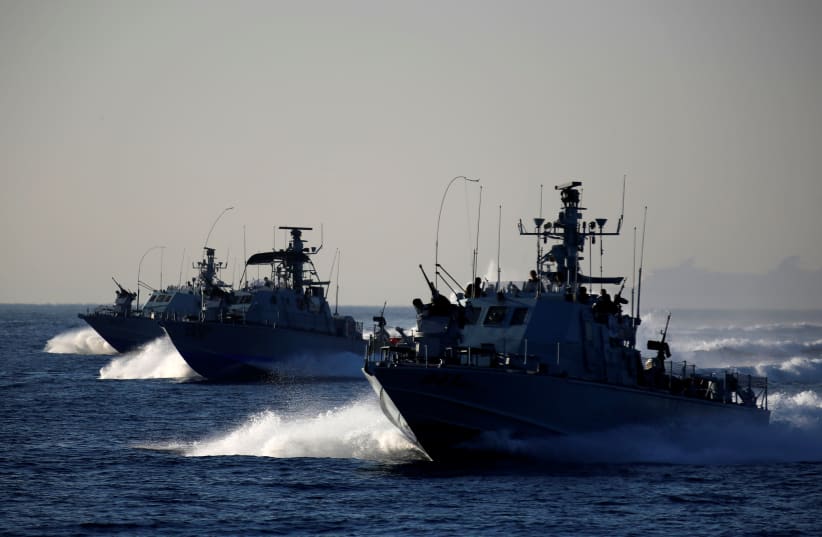Naval experts concerned over China's increasing presence in Mediterranean
The workshop held at the University of Haifa studied and assessed the issues concerning the future and character of maritime warfare in the region as well as various strategic developments.
